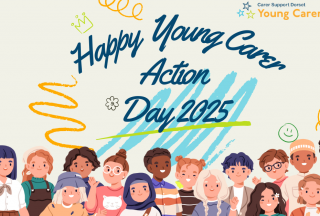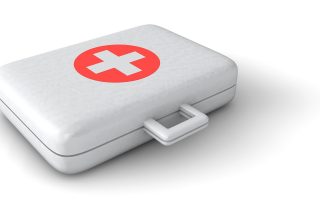It’s true, lots of adults drink alcohol and some adults use drugs, but sometimes this can cause problems for the young people living at home.
It might be that no one really knows about what’s really going on at home, or maybe who you look after is getting help with their drinking or drug use but it’s still affecting your home life. Being a young carer who looks after someone who drinks too much or uses drugs can mean your life might look different to your friends, and you might not have time for the things other people your age do.
But what exactly is normal when it comes to drinking? What are all the sorts of drugs out there and how do they affect people? It all can be really confusing being a young carer so we’re here to help.
How do you know if Someone is Drinking Too Much?
It can be hard to understand when someone’s drinking becomes a bit of a problem. Maybe your friend’s parents have a glass of wine or some beers at the pub every now and then, but your parents or someone in your house sleep for most of the day because of how much they drank the night before. That’s a bit different from your friend’s parents.
Even if it might be what you’re used to, someone who is drinking every day, hiding bottles of alcohol around the house or in hiding spots, having up and down moods and making themselves sick from drinking can be some of the signs that someone is drinking a bit too much.
If someone in your house is drinking too much it also might mean you have to do a lot of things your friends don’t do, like washing your own clothes for school or cooking your own meals and cleaning the house. Things like these can really make your life hard.
What about drugs? What sort of problems can they cause?
You might be not quite sure what sort of drugs someone in your house is taking, or maybe you know what they are but aren’t really sure what problems they can make for the person taking them. The truth is there are lots of different drugs someone could be taking that could make them poorly, act strangely, or mean that you have to do a lot of the ‘adult’ stuff around the house.
And it doesn’t have to just be illegal drugs that someone is taking, it could also be drugs that are prescribed to them by a doctor or drugs they can get at a shop that they are taking a bit too much of.
Talk to FRANK is a website that has lots of information on the different types of drugs, what they do to people and how you can get help for yourself or someone else. it also has a free national helpline
Help is Here
If you are struggling to look after someone who has a problem with drink or drugs, please don’t be afraid of getting anyone in trouble by reaching out for some help. By letting someone like a teacher at school know what is going on at home, they can help get you the support you need to make things a bit easier, and also get the help needed for the person or people you care for.
There are also lots of organisations that may be able to help you:
Action for Addiction run residential courses called the Moving Parents and Children Together Programme (M-PACT). M-PACT is a whole family, structured brief intervention which aims to improve the wellbeing of children and families affected by substance misuse. The original programme model can support up to 8 families at a time and consists of 10 sessions, including 8 core sessions, a review session and a reunion. Flexible programme options are available. The programme takes a strengths based approach and supports families to address areas such as communication and coping strategies as well as educating family members on what addiction is and the impact is has.
Adfam provide nformation, local support groups and helplines for anyone affected by someone else’s substance use. They have a carers guide and information around coping skills and setting boundaries.
Al-Anon Family Groups provide support to anyone whose life is, or has been, affected by someone else’s drinking, regardless of whether that person is still drinking or not.
Alcoholics Anonymous (AA) website has information on support groups to recover from drinking.
Essential Drugs and Alcohol Services (EDAS) help people in Dorset with substance misuse problems. You can refer an adult on their website.
Families Anon is a helpline for relatives and friends concerned about drug use.
Live Well Dorset has a team of advisers on-hand to help you curb your alcohol intake.
Narcotics Anonymous (NA) website has information on support groups to recover from drug misuse.
National Association for Children of Alcoholics provides information, advice and support for everyone affected by a parent’s drinking.
The Royal College of Psychiatry also have a factsheet for carers about alcohol, drugs and addition. It includes advice on what sort of questions to ask and what this process may involve.



